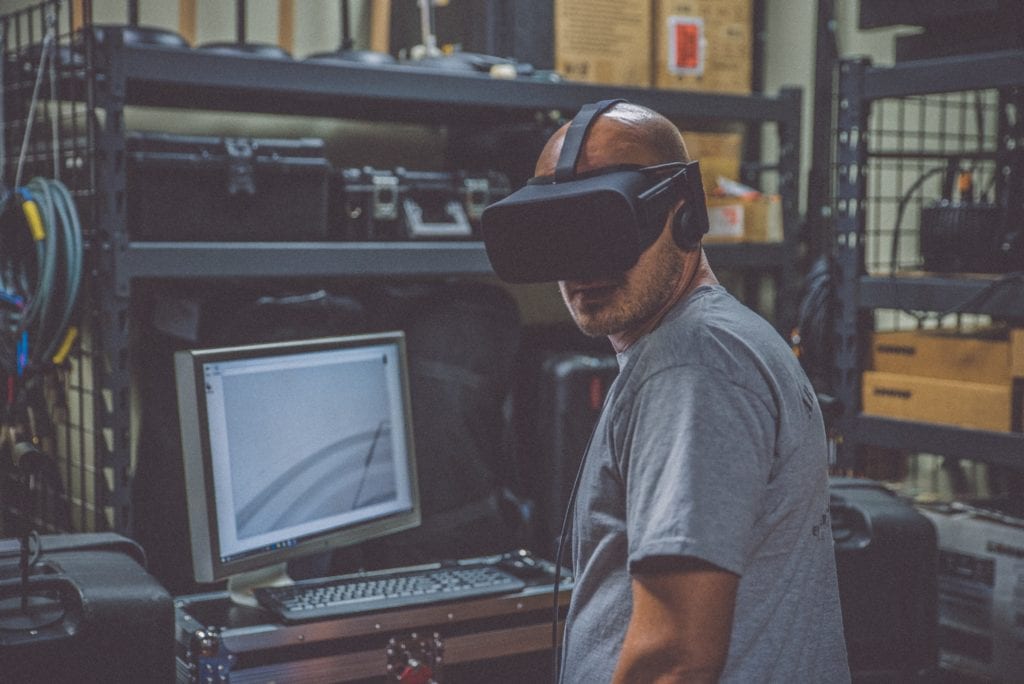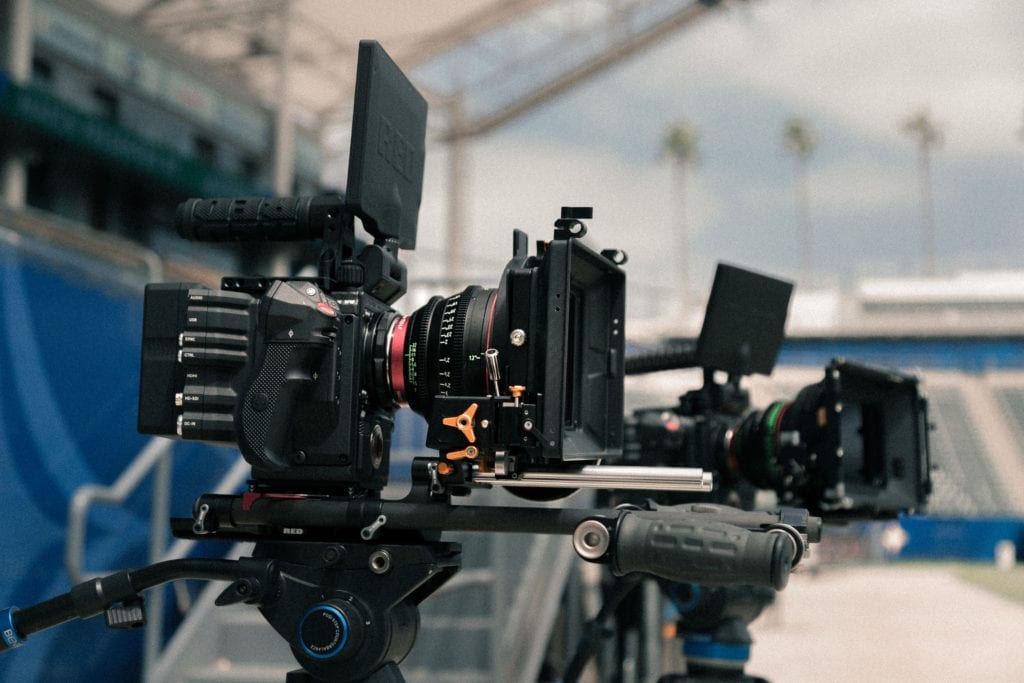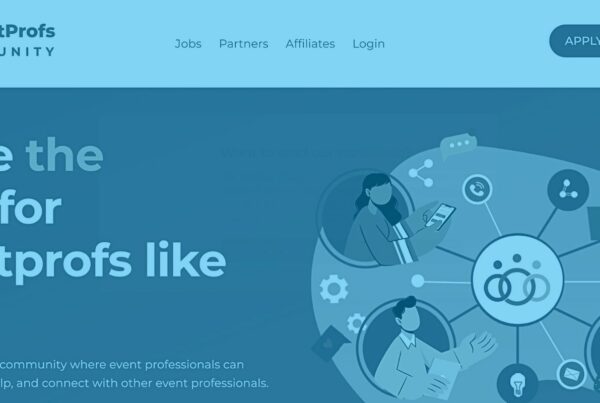Over the course of this podcast, we’ve obviously focused immensely on technology and events. Everything from automation to facial recognition, and machine learning. You name it, we have done an episode on it. And we do this because we truly believe technology can no longer be ignored by the event industry. Because everywhere we look, and in everything we do in this life, technology plays a significant part. That’s a fact, and it’s more than time for the industry to fully embrace it.
So on today’s episode of Event Tech Podcast, we’re going a little deeper on the topic of technology and events. More precisely, our hosts Will Curran and Brandt Krueger will discuss the issue of lagging. Is the event industry falling behind? Why is there so much resistance from professionals to take advantage of technology? Is there a way we can overcome this feeling of falling behind? All of this and more will be explored in depth. So if you’re curious to see what their stance is on technology and events, press play and get to listening!
Click here for the full audio transcription.
Technology And Events: Are We Lagging?
Right off the bat, Will shares his opinion when whether or not he believes the industry is indeed falling behind. “I think that there are ways that we lag behind”, he says. “I think there are some ways where some technologies will jump forward, but then, for the most part, a lot of it is really far behind. You see things in other industries that have already been implemented, already solidified, they’ve been doing for years, and then it finally hits the events industry mainstream. So I definitely agree”.
The AV Side Of Things
“I think there are certain things that we’ll allow to come in faster than others”, shares Brandt. Especially when it comes to the AV side of things, where technology basically dictates everything. “On the audiovisual side, I think people are more open to the latest and greatest when it comes to lights, or intelligent lighting, or LED bars, or things along those lines, where we’re kind of seeing next-generation technologies”.
Where’s The Line?
So what is the line that separates what we are willing to accept from what we are resistant to? “One thing I’ve noticed with technology is that when there’s an obvious benefit beyond just efficiency or the cool factor, that’s when it usually starts to get implemented”, explains Will. “For many people, a lot of it’s just I want to have the newest thing, to be able to experiment with it. Whereas, planners seem to move more towards having more reasons beyond it just being cool”.
From Brandt’s perspective, “there are a few events where you can truly justify the let’s go crazy, let’s go bleeding edge. But for the majority of events that are out there, there’s this caution”.
The Guinea Pig Factor
When we start thinking about where this caution comes from, it seems to stem from the fear of failure. Brandt speaks from experience when it comes to bringing in new technology for an event: “It was frustrating because the only way that you can do that stuff is to do it. So if you want to do cutting-edge stuff and you want to try new things, somebody’s got to be first. And that’s something that I think we could possibly to do help our industry get out of this rut a little bit”.
The Importance of Testing
As Brandt put it, the only way to do something is to do it. So when it comes to new technology, the importance of testing things at a scale arises. “I love that idea of having a safe space where you could test things at scale. And so I think that’s something that we need to look into and come back around to somehow”, he says. The opportunity to make mistakes, to learn best practices, is a crucial step in order to implement something new.
Will agrees: “We have to be willing to risk it internally before we bring it to our clients externally”. Brandt adds that “yes, we tried something new, it didn’t work, and now you know better. So now you know …That’s where the really valuable learning experience is”.
No Technology For Old Men?
Of course, every time someone mentions new technology, there’s a stigma. Technology and events is not a topic that escapes this. As Brandt puts it, “I think sometimes the initial reaction when we have this conversation is to assume that it’s older planners that are resistant to change and resistant to things. And I don’t think that’s necessarily the case”. So let’s explore – how true is this notion that older event profs are more resistant than the younger ones?
An Industry Issue
Brandt puts forward an interesting point of view: “I really think it’s more about the industry and less about the age of the industry. We’re just risk averse as an industry, and it doesn’t matter whether it’s 10 years in or 40 years in”. Even as a Millenial, Will 100% agrees with this fact. It’s not necessarily generational, it’s more about the industry itself: “It’s one of those mindset things for sure. If you think that you don’t like technology and that you’re not going to be on the bleeding edge, then you’re definitely going to fall into that mindset all the way”.
“I think it’s being open to things too”, adds Brandt. “Being open to change, and being open to learning new things”. That’s the way forward!
Technology And Events: What Are The Risks?
This resistance that we witness in the event industry isn’t necessarily just related to the fear of failure. It’s also deeply rooted in the factor of cost. As Will explains, “before, as technologies were kind of coming out, things were free, things were freemium. Now that they’re starting to solidify, you have tools like Shoflo, and some people look at it and go, “Well, why would I spend $1,000 on that software when I can just build this out in Excel?”.
A Risky Industry
“Events are naturally extremely risky”, says Will. So of course, professionals in the industry try as hard as they can to minimize all the risks possible. “I think that adds on to a ton into the technology, because technology, in a sense, is risky, no matter even if it’s the most established technology out there”, he continues.
Brandt drives the point home: “I think that’s honestly why we keep seeing that most stressful statistic coming up. It’s one of those professions where it has to be perfect the first time, especially if you’re on the special events side, where you’re doing weddings, or birthdays, or bar mitzvahs, or something along those lines. You literally only get one shot because the person’s only getting married once”.
The Lack Of Opinion
When it comes to all things tech, you can easily go online and stumble upon thousands of sites that offer reviews. And really good, detailed reviews. But that doesn’t really happen within the event industry. “I think in our industry there hasn’t been a truly honest review site where you can go in and get a truly unbiased, brutal opinion of the technology, from someone who has used it as well”, explains Will. This, of course, presents a huge barrier to adoption.
Brandt speaks on some of the challenges associated with this lack of reviews: “It always looks great in a demo, and it looks great in an office, when it’s only one person hitting the app on a fiber connection, as opposed to bad hotel wifi. So that is the biggest hurdle to something like that, establishing some kind of repository of reviews. Because the environments are so different from event to event, that someone could have a terrible experience with a product on one event that wasn’t necessarily that product’s fault”.
This is why talking to people in your industry is such an important thing. Exchange of ideas can make an incredible impact on what your next event will look like! As Brandt says, “that’s why it’s important, when we are at industry gatherings, to have those conversations with each other and say, “Oh man, I was trying this and it was amazing.” And some of those campfire sessions are perfect opportunities for those kinds of things”.
Conclusion
That’s all for this week’s episode of Event Tech Podcast! What is your stance on technology and events? Do you feel like the industry is lagging, and do you agree on the reasons we put forward? Hopefully, there was some food for thought here. Just remember: keep an open mind, get educated, and talk to the people around you. Opinions are priceless!












